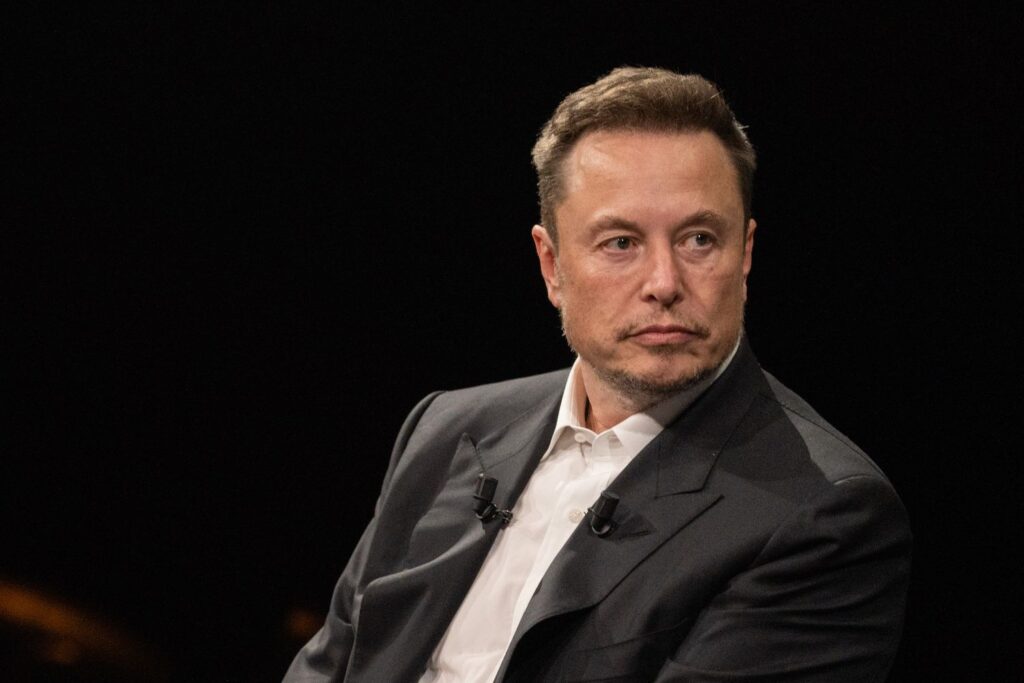
Last week, President-elect Donald Trump officially appointed Elon Musk and Vivek Ramaswamy as co-leads of the new advisory group, the “Department of Government Efficiency” (DOGE). On Wednesday, the two men outlined their ambitious plans for cutting down the size of the federal government in an op-ed published in The Wall Street Journal.
The Mission of DOGE
DOGE’s stated goal is to reduce federal agencies they deem wasteful and “antidemocratic.” Musk and Ramaswamy, who will act as “outside volunteers,” argue that most federal rules and regulations are created by unelected officials rather than Congress. Their mandate is to recommend significant cuts to the federal budget and to restructure government operations.

The plan leans heavily on recent Supreme Court rulings — West Virginia v. Environmental Protection Agency and Loper Bright v. Raimondo — which limit the power of federal agencies by curtailing the authority granted to them under the law. These rulings provide the legal foundation for DOGE’s work, which aims to identify regulations that exceed congressional authority and recommend their suspension via executive action.
Strategy and Tools
Musk and Ramaswamy outlined a multi-step process for achieving their goals:
- Regulation Reviews: DOGE will collaborate with legal experts embedded in government agencies, using “advanced technology” to review existing regulations.
- Recommendations for Suspension: The group will generate a list of regulations for Trump to pause through executive action, paving the way for their potential repeal.
- Streamlining the Workforce: DOGE will assess the minimum staffing levels required for agencies to carry out their constitutionally mandated roles, with the expectation of “mass head-count reductions.”
Potential Impacts
The cuts would affect numerous federal agencies tasked with responsibilities like environmental protection, healthcare standards, and public broadcasting. For instance, Musk and Ramaswamy identified specific expenditures they believe are unnecessary, including:
- $535 million annually for the Corporation for Public Broadcasting.
- $1.5 billion in grants to international organizations.
- Nearly $300 million to progressive organizations such as Planned Parenthood.
They also propose imposing a mandatory return-to-office policy for federal employees, requiring them to work in person five days a week. They argue this could encourage “voluntary terminations” of employees unwilling to comply, a change they would welcome as part of their efficiency drive.
Vision for the Future
Musk and Ramaswamy envision a leaner federal government with fewer regulations and employees. Their goal is to stimulate economic growth by eliminating what they describe as “illicit regulations never passed by Congress.”
Interestingly, the two men aim to make DOGE obsolete by July 4, 2026, seeing it as a temporary mechanism to dismantle bureaucratic inefficiencies.
Critics’ Concerns
While the plan is bold, critics argue it could cripple key government functions and lead to significant disruptions in areas such as environmental protection, public health, and international relations. The proposed workforce reductions and aggressive regulatory cuts are expected to face substantial scrutiny and opposition from various stakeholders.
As DOGE begins its work, Musk and Ramaswamy’s approach will undoubtedly spark debates over the balance between government efficiency and maintaining essential services.

Leave a Reply